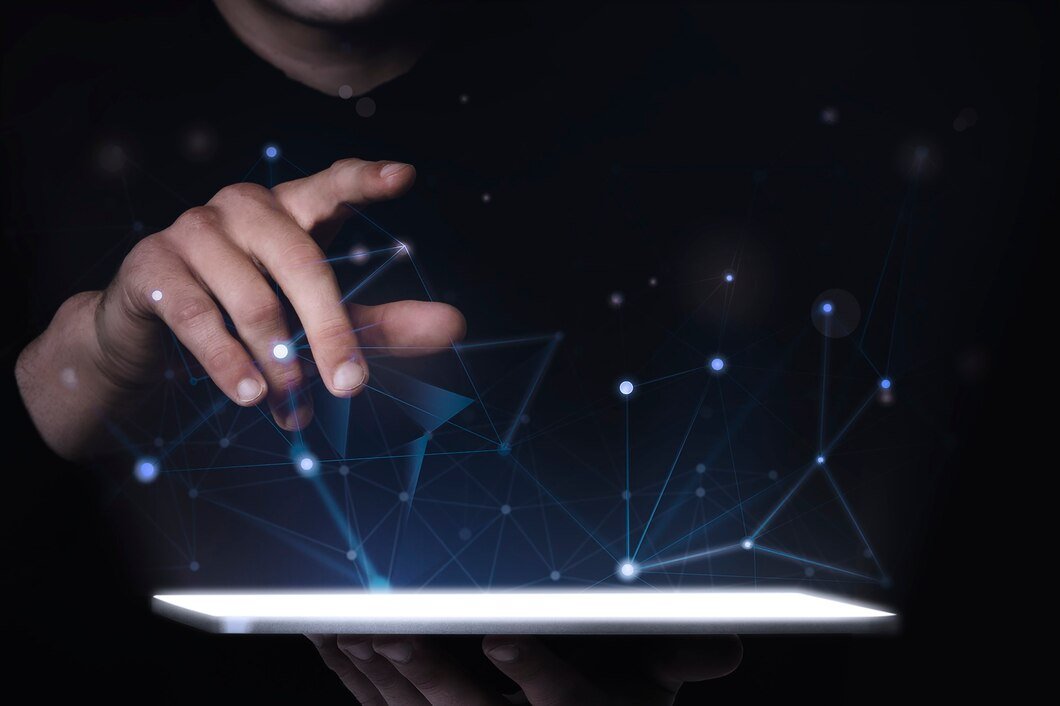In a renewable energy revolution, the solar micro inverters take the stage, dramatically increasing the efficiency and resilience of solar power systems. Microinverter integration by solar power equipment suppliers is meant to satisfy the need for more efficient solar solutions. Microinverters, located at the back of each solar panel, convert direct current (DC) to alternating current (AC) at the panel level, unlike the traditional inverters that perform a conversion for an entire array. This method is advantageous in several ways, hence is a point of interest for manufacturers and customers.
Micro Inverter Technology
The micro inverter is a small device installed on each panel to convert the direct current (DC) generated by the panel into alternating current (AC), the kind of electricity used in home and business. While traditional central inverters manage the conversion for the entire solar array, microinverters take this process further down to the individual panel level. This is an important difference between the two approaches and it has several advantages, thus making microinverters a popular topic among equipment suppliers and users of solar power.
Exploring the efficiency of solar micro-inverters highlights the broader benefits of modern solar technology. Integrating advanced solar installation techniques, especially in sun-rich areas like solar installation Las Vegas, can optimize energy capture and conversion. This not only enhances energy security but also supports sustainable living by harnessing the full potential of solar power.
Enhancing Energy Output
The major benefit of microinverters is their ability to fully utilize the energy output. They work separately in order to maintain the efficiency of the single panel without affecting the whole system performance. This is especially useful in situations where solar panels are partially shaded or rotated in various directions. Microinverters adapt to each panel’s unique conditions by adjusting to them, resulting in the highest possible efficiency and maximum power output.
Increasing System Reliability
Microinverters are also great at improving system reliability. Conventional systems, which depend on only one central inverter, may sometimes end up with total blackout if the inverter fails. Microinverters, on the other hand, are more effective in terms of isolating issues to individual panels. Besides reducing the effect of failures, it also makes it easy to solve problems and repair. For solar power equipment suppliers, this reliability is a key selling point, and this is vital for the customers as it gives them peace and reduces maintenance costs.
Advanced Monitoring Capabilities
Microinverters are furnished with in-built advanced monitoring software that enables real-time monitoring of each solar panel’s performance. This precision level of information allows users to detect problems on time and consequently optimizes the system performance. Solar panel suppliers and micro inverter manufacturers are providing user interface platforms that give the users detailed analytics, which helps the users to optimize their solar installations continuously.
Sustainability
Investing in micro inverter technology is not only about achieving better performance of solar systems, but it also stands for a sustainable alternative. Thanks to their capacity to boost energy production and reduce waste through increased efficiency, microinverters can significantly cut down on carbon emissions from solar energy systems. Besides, their longevity and extended duration of service enable them to play the role of the sustainability of solar installations which makes them a good investment for the environmentally concerned.
In a nutshell, microinverters are revolutionizing solar technology, by providing solutions to the problems of traditional systems and unleashing the untapped power of solar energy. They are the building blocks for the development of the solar industry, which provides efficiency, reliability and sustainability. Solar power equipment manufacturers do not ignore microinverters’ potential, so they are becoming an integral part of the future solar devices.











